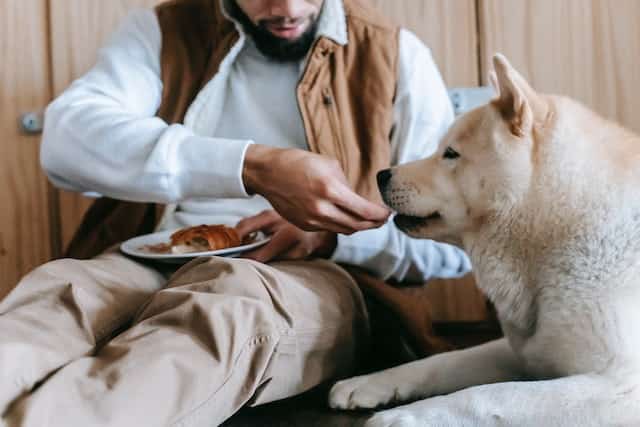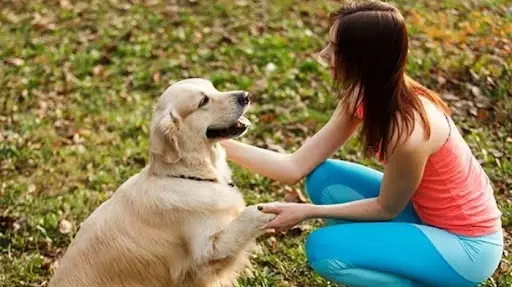If your dog is refusing to eat their food, you are not alone. Many dog owners experience this problem at some point. While it can be concerning, there are a variety of reasons why your dog may not be eating and many solutions to help get them back on track.
In this article, we will explore some common reasons why dogs may not eat their food and provide tips on how to encourage them to eat.
Medical Issues behind Why Won’t My Dog Eat Their Food
One of the most common reasons why dogs may not eat their food is due to underlying medical issues. These issues can range from dental problems to gastrointestinal issues and can cause your dog pain or discomfort when eating. If you suspect that your dog may be experiencing a medical issue, it’s important to take them to the vet for an evaluation.
Dietary Changes May cause my dog to stop eating food
Dogs can be picky eaters and may not like sudden changes to their diet. If you have recently switched your dog’s food or treats, they may be refusing to eat as a result.
To avoid this, try gradually introducing new foods or treats to your dog’s diet over a period of several days or weeks.
Environmental Factors about Why Won’t My Dog Eat Their Food
Sometimes, dogs may not eat their food due to environmental factors such as stress or anxiety. This can be caused by changes in routine, such as a move or new family member, or by loud noises or unfamiliar surroundings.
To help your dog feel more comfortable, try creating a calm and quiet environment for meal times and providing them with a comfortable place to eat.
Behavioral Issues Effecting the Diet of my Dog
Behavioral issues can also cause dogs to refuse their food. For example, if your dog is used to being hand-fed or receiving treats for not eating their food, they may refuse to eat their regular meals. To address this issue, try feeding your dog on a regular schedule and in a designated location.
See also: What Does a Beagle Puppy Look Like?
Temperature
Believe it or not, the temperature of your dog’s food can also play a role in their appetite. If their food is too hot or too cold, they may not want to eat it.
Try warming or cooling your dog’s food to a comfortable temperature before serving.
In conclusion, there are many reasons why your dog may not be eating their food, ranging from medical issues to behavioral problems. By identifying the cause and implementing some of the solutions we’ve outlined, you can help get your furry friend eating again and ensure they stay healthy and happy.




